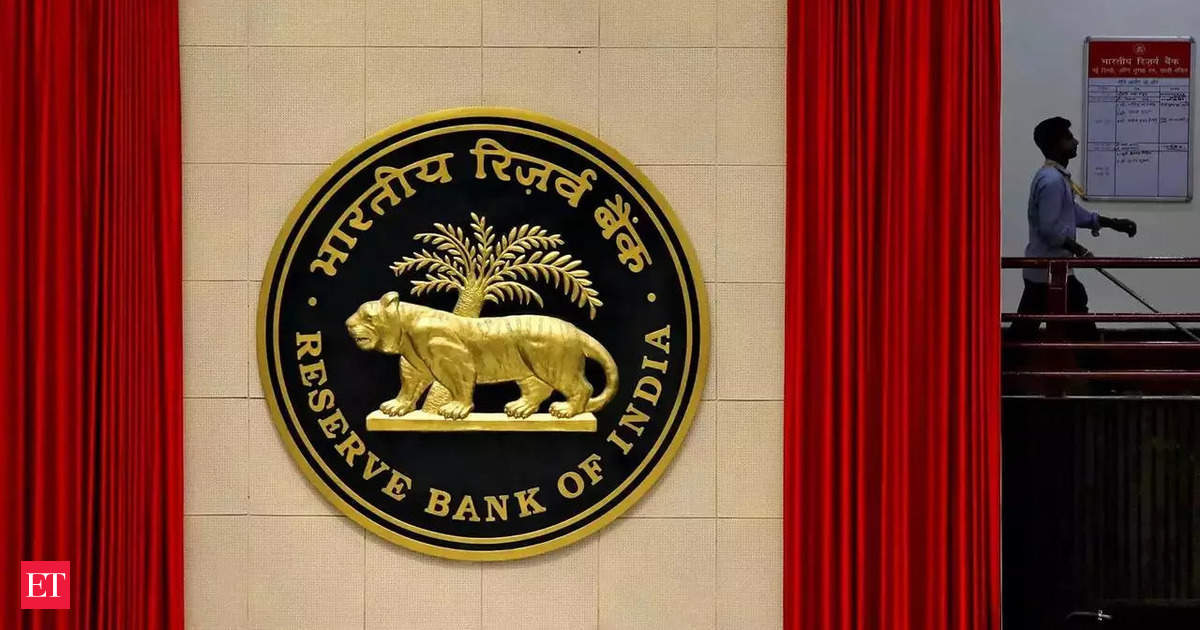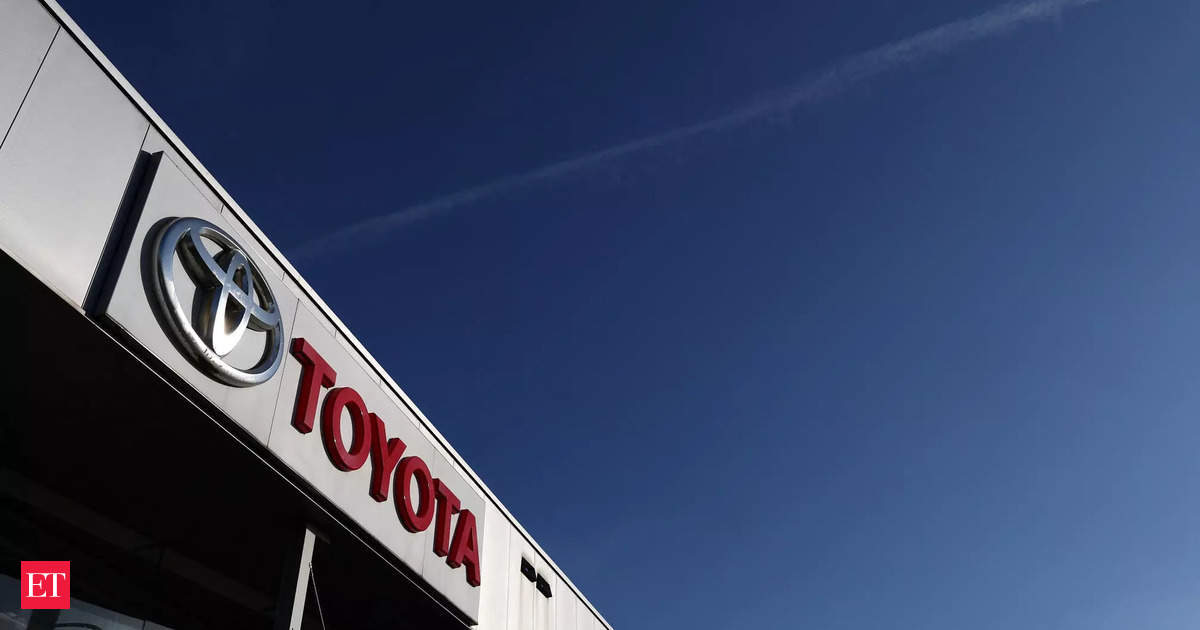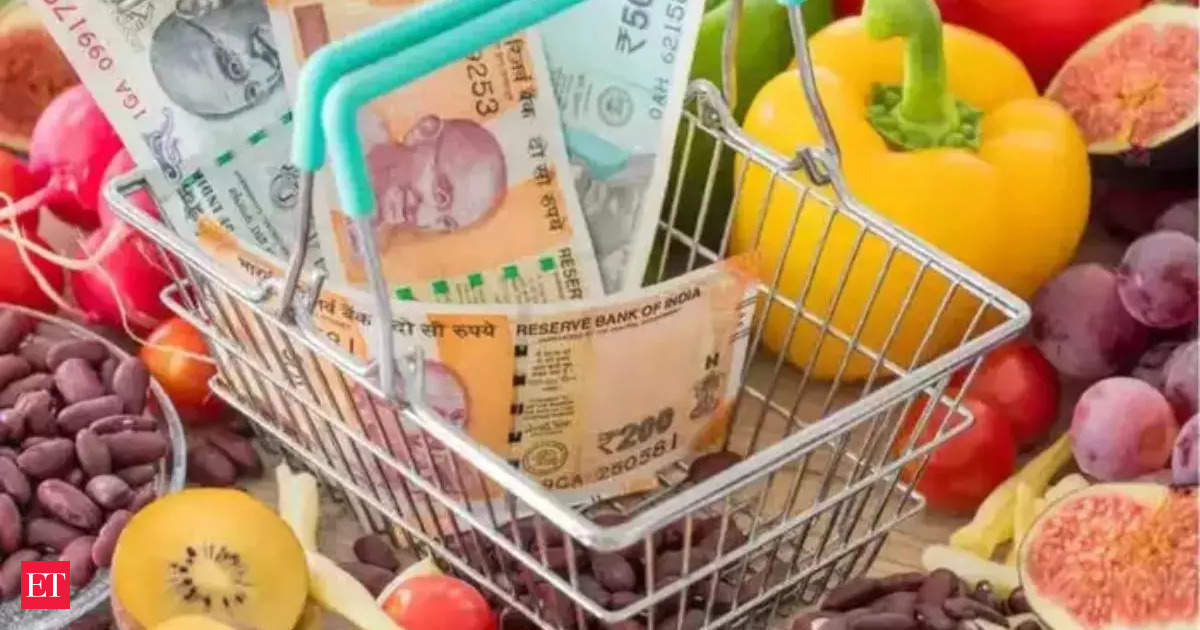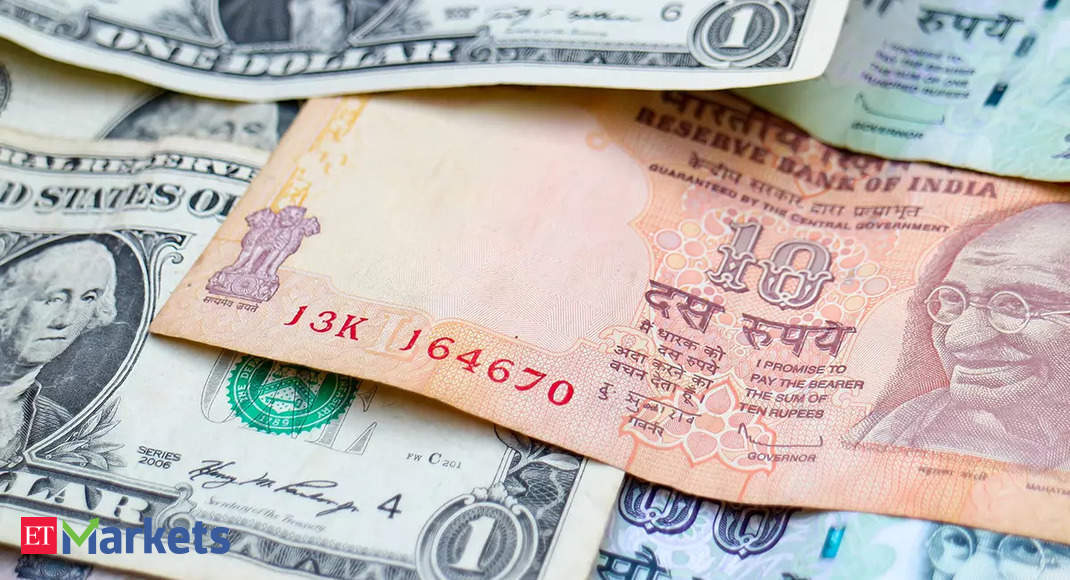Indian lenders plan to appeal against the central bank’s proposal to tighten rules for infrastructure project loans. The proposed rules could lead to an increase in interest rates for project finance loans. Sectors such as renewable energy would be most affected. The government is yet to take a firm stance on the rules, considering unintended consequences. Bank share prices fell following the proposal.
Toyota Motor agreed to give factory workers their biggest pay increase in 25 years. The pay increases are expected to help clear the way for the central bank to end its policy of negative interest rates as early as next week. The talks are closely watched this year as they are expected to facilitate higher wages and inflation throughout the country. Smaller firms may struggle to offer sizeable pay hikes due to less leverage to pass on costs to clients.
Food inflation in India remains above the ‘comfort’ level in New Delhi despite easing retail inflation. Retail inflation in India dropped to a four-month low of 4.87% in October. Food inflation accounted for nearly half of the consumer price basket and was 6.61% in October. A government official expressed the desire for overall moderation in food prices, which have been volatile. Vegetable, milk, and cereal prices were key drivers of inflation, according to the official. RBI Governor Shaktikanta Das also highlighted the risks posed by a spike in food prices.
The Indian rupee recorded its largest one-day gain in almost six weeks on Tuesday, supported by a weaker US dollar and late inflows. The rupee closed at 82.9350 per U.S. dollar, 0.2% stronger than its previous close of 83.1075. Analysts believe that the presence of the central bank and inflows from initial public offerings contributed to the rupee’s strength.











